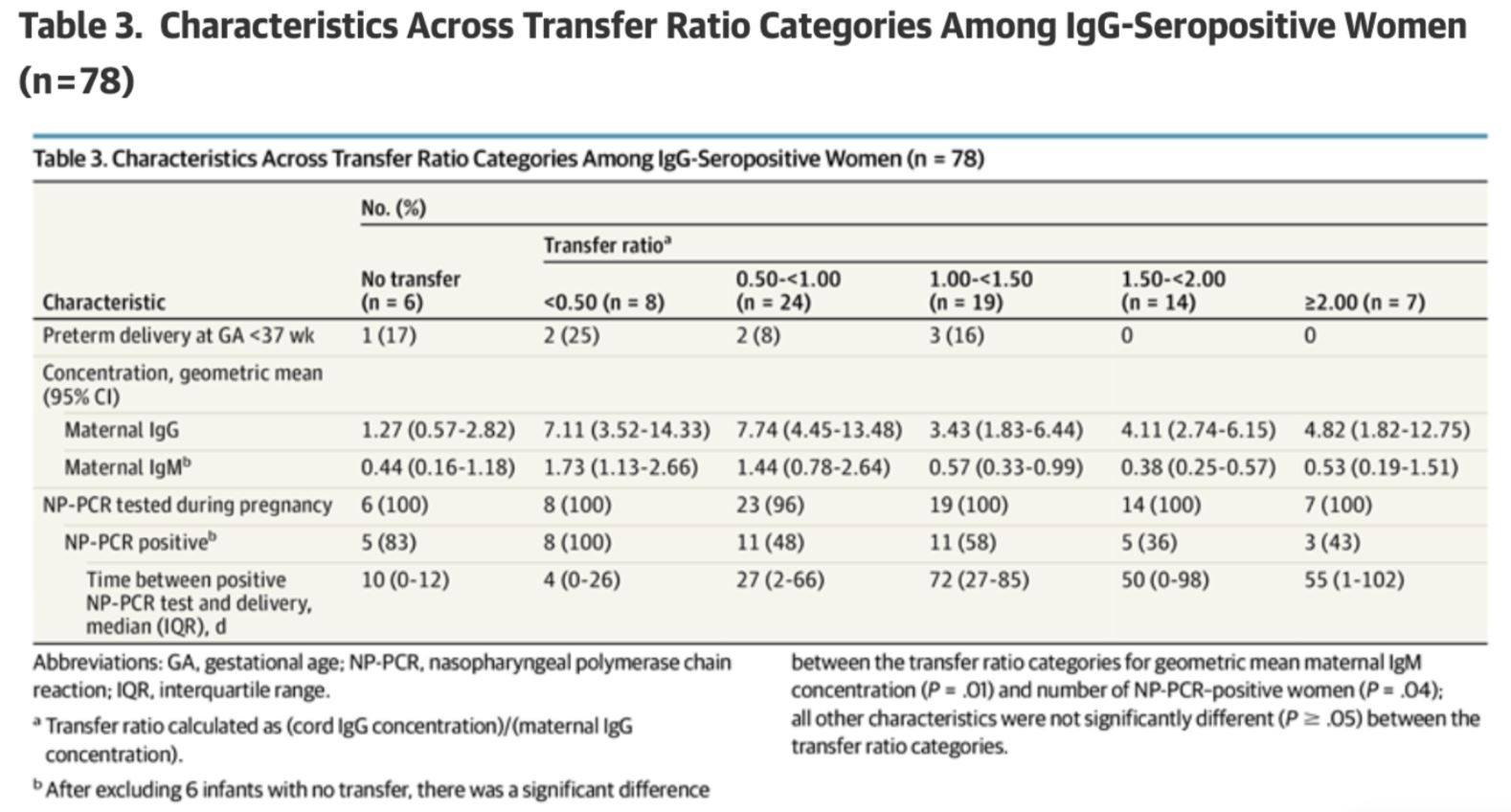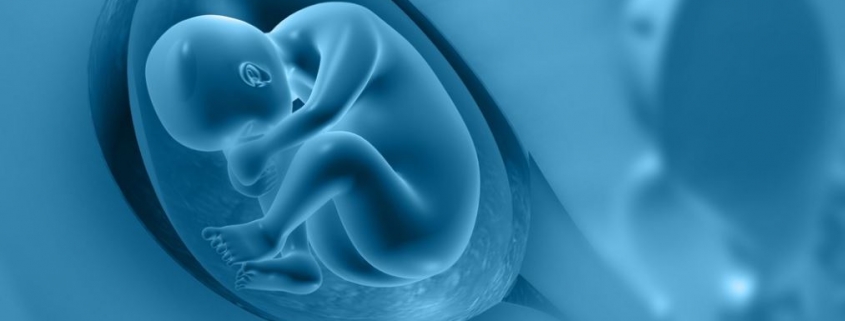Moms Pass Protective Antibodies to Baby After Coronavirus Infection
Two new studies show pregnant people who’ve had Covid-19 pass protective antibodies to babies.
Pregnant people worldwide are worried they will catch the coronavirus and pass it to their newborn baby. As an OB-GYN working in a Covid-19 hot spot, I am a firsthand witness to this anxiety.
Although much remains unknown about the coronavirus’ effects on pregnant people and babies, scientists continue to learn more every day. Evidence shows that most pregnant people who contract the virus will do well, but there is a slight increase in ICU admissions and preterm labor for those who have severe Covid-19, the disease caused by the coronavirus.
Two new independent studies reveal highly encouraging results showing pregnant people with Covid-19 pass protective antibodies to their babies. No one wants pregnant people to contract the coronavirus, but these studies offer promising hope that maternal infection may provide some protection for their babies after birth.
These studies evaluated fetal cord blood from the placenta to determine if SARS-CoV-2 antibodies were transmitted from mom to baby. The placenta is also the defense system against invading infections like bacteria and viruses.
The first study was published in JAMA Pediatrics. Researchers from Children’s Hospital of Philadelphia collected blood from the placenta from 1,471 people and tested it for antibodies against the spike protein of SARS-CoV-2. Positive IgG antibodies were identified in 83 people.
The researchers then tested the baby’s cord blood and found that IgG antibodies were present in 87% of the newborns born to moms with SARS-CoV-2 antibodies.
This finding indicates that pregnant people with Covid-19 are passing protective antibodies through the placenta to their babies.
This study also showed that the high rate of antibody transfer did not depend on the maternal disease level. Even the mothers with asymptomatic infection transmitted antibodies to the baby. The data also indicated infection earlier in pregnancy correlated with a higher degree of antibody transfer.
In this study, there were no cases of newborn SARS-CoV-2 infections.

Source: Jama Pediatrics
A second study presented at the Society for Maternal-Fetal Medicine’s annual meeting also showed promising results. This study evaluated the fetal cord blood for IgG antibodies, but also tested for neutralizing antibodies.
In this study, 91% of the cord blood samples were positive for IgG antibodies. Like the JAMA research, these findings indicate that Covid-19-positive moms transmit immunity to the baby through the placenta against SARS-CoV-2 infection.
Neutralizing antibodies were identified in 25% of the cord blood samples. While this is also supportive evidence of mom-to-baby immunity benefits, the neutralizing antibody transfer rate was lower than what we see in other infections like pertussis and influenza.
Antibody transfer good news for babies
After a baby is born, the immune system takes time to develop. Babies rely on maternal antibodies to help protect against various infections. These two studies provide essential information to guide further research.
Pregnant people who contract SARS-CoV-2 can find some comfort knowing they will pass protective antibodies to their babies.
It is important to note that these findings do not indicate that these babies are immune to the coronavirus. Further studies will be needed to determine how long the antibodies last and to what degree they offer protection.
These studies also offer highly significant insight into maternal Covid-19 vaccination strategies. Pregnant people were not included in the Pfizer and Moderna vaccine clinical trials. The American College of Obstetricians and Gynecologists and other leading experts agree that life-saving vaccines should not be withheld from pregnant people.
The confirmation of transplacental SARS-CoV-2 antibody transfer will help guide further research on the safety and efficacy of Covid-19 vaccination in pregnancy and newborns.
Thank you Medium Coronavirus Blog for publishing this article on Medium.
Blog Author: Dr. Jeff Livingston
Main Blog Photo By: Rasi Bhadramani Istock by Getty












